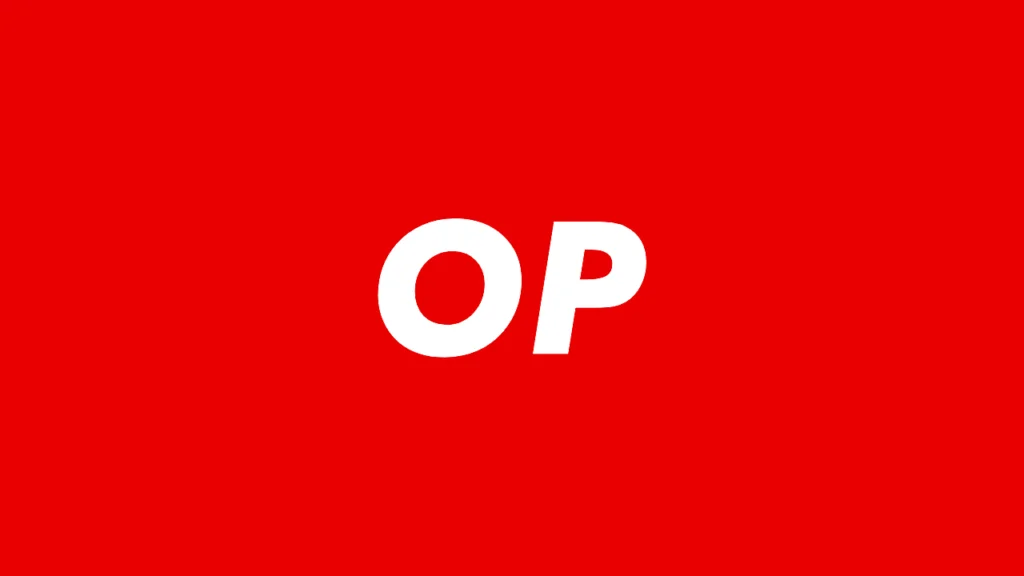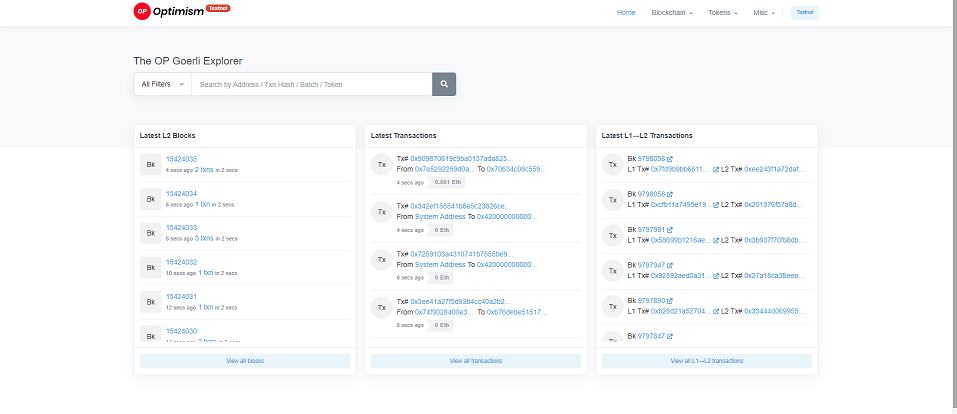OP Labs asserts that the new fault-proof system will help OP Stack networks achieve decentralization

According to a blog post published on October 3, OP Labs, the creator of the Optimism network, launched a testnet variant of its fault-proof system.
Once testing is complete, it will enable “a more decentralized and efficient Superchain,” according to the post—current deployment of the new system on the Optimism Goerli network.

OP Stack-based networks use centralized sequencers to assemble and submit transactions to Ethereum.
Users cannot submit fraud proofs to block the sequencer if it presents incorrect data, allowing an attacker to affirm fraudulent transactions if they gain control of the sequencer.
L2Beat has warned of this risk in its report on Optimism, stating, “users need to trust block Proposer to submit correct L1 state roots.”
OP Stack-based networks such as Optimism and Base are designed to be optimistic rollups, a form of layer 2 whose security is provided by Ethereum.
Vitalik Buterin, co-founder of Ethereum, argued in a January 2021 essay that optimistic rollups must permit users to submit fraud proofs to prevent fraudulent Ethereum withdrawals. Other than that, they are not decentralized.
Buterin claimed in November 2022 that some rollups could have “training wheels” that keep them temporarily centralized while they work on a fraud-proof system, but he argued that they should strive for decentralization.
OP Labs asserts that the new fault-proof system will help OP Stack networks achieve decentralization: “The system is designed to eventually enable secure bridging without central fallback.”
Moreover, it was asserted that the new system is modular, allowing each network to develop its own system for preventing fraud.
It is comprised of three distinct parts: a fault-proof program (FPP), a fault-proof virtual machine (FPVM), and a “dispute game protocol.” Because these three components can be implemented independently, each network has the ability to “custom-build a fault-proof system.”
According to the post, this will increase the Optimism Superchain’s diversity, thereby making the entire ecosystem more secure.
The team stated that a network could even decide to use zero-knowledge proofs (ZK-proofs) as a type of fraud-proof.
Zero-knowledge rollups typically employ ZK-proofs but not Optimistic proofs.
OP Labs has been attempting to construct the “Superchain,” an interconnected network of blockchain networks.
To achieve this, it developed the OP Stack, a collection of software tools that can be used to build custom blockchain networks.
Avail Network has developed “OpEVM” software to accomplish the same goal using Avail instead of Ethereum as the underlying layer.
Polygon’s ZK Supernets and zero-knowledge Ethereum Virtual Machine Hyperchain are additional competitors to Superchain.
